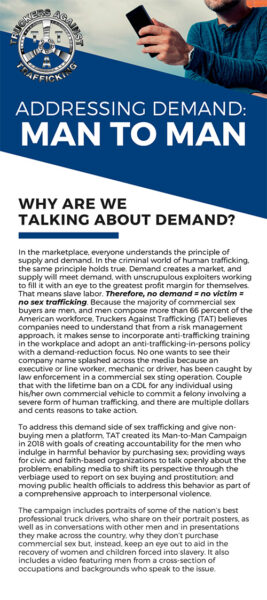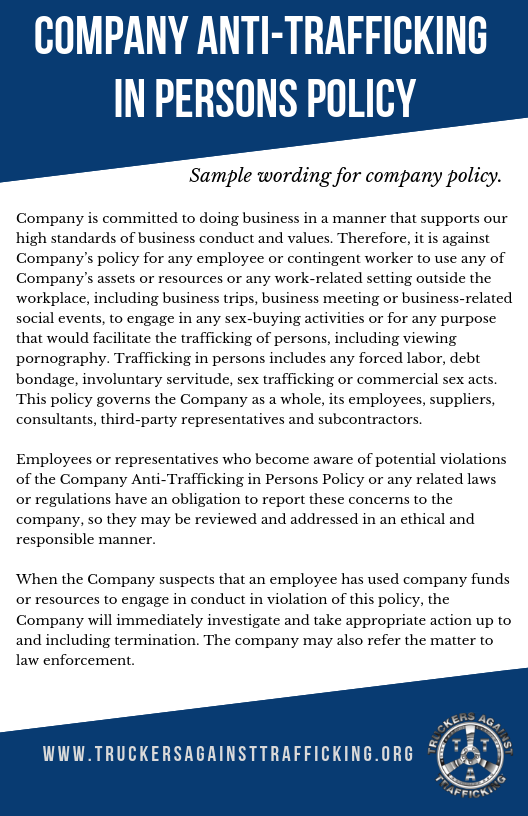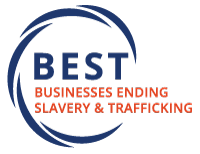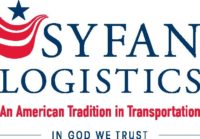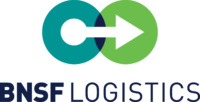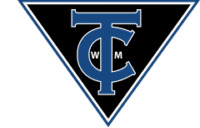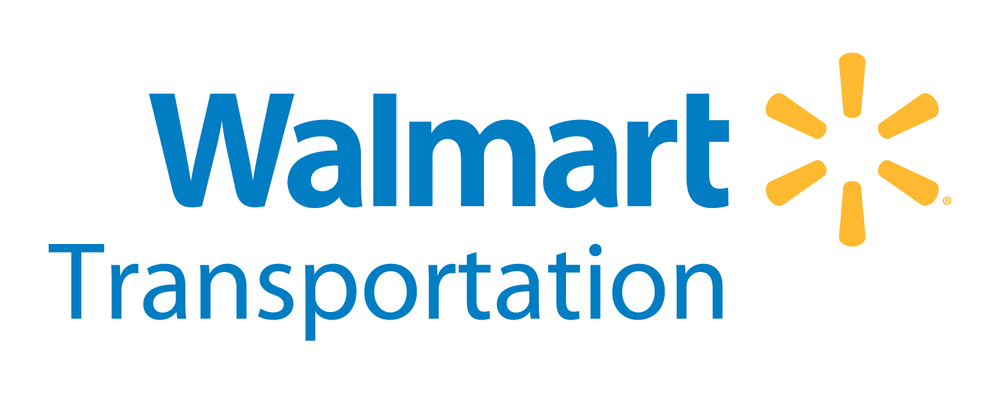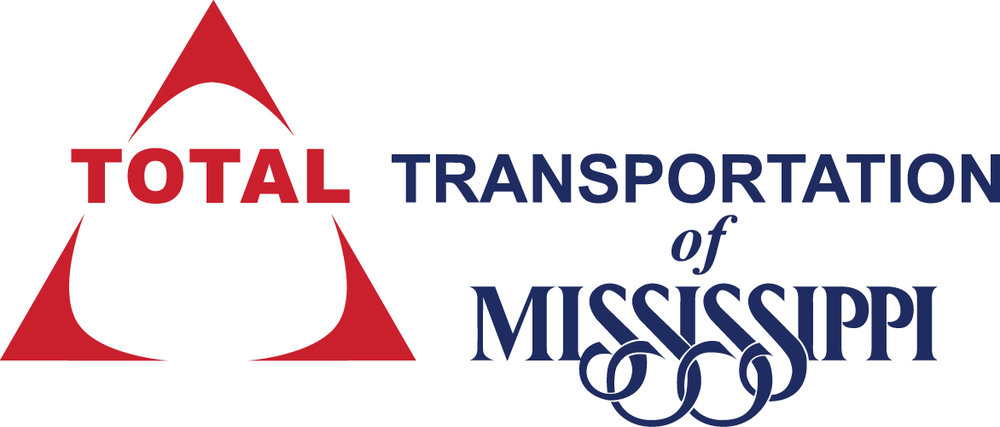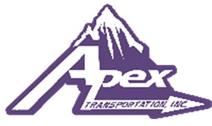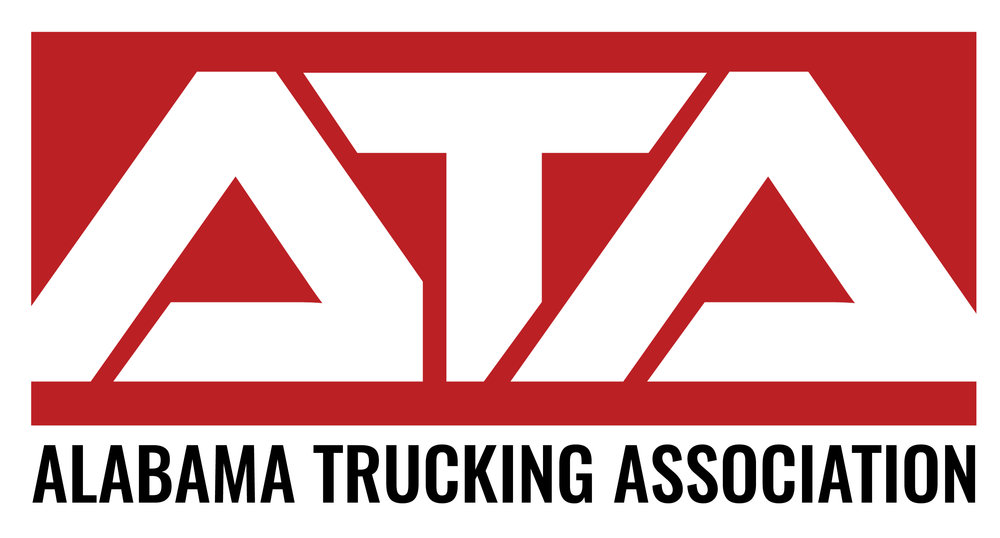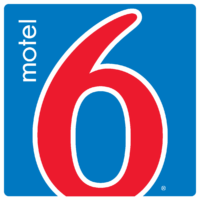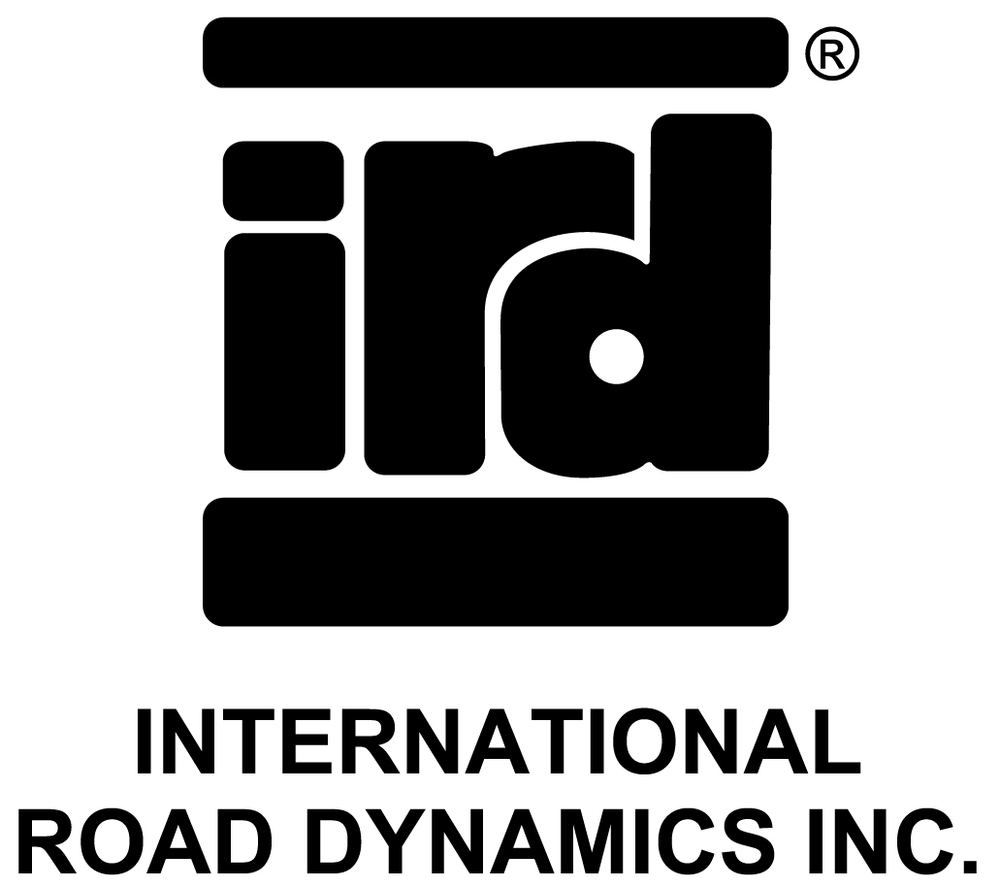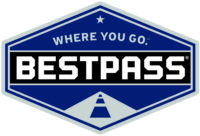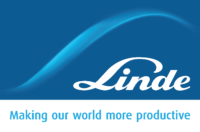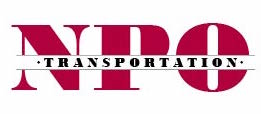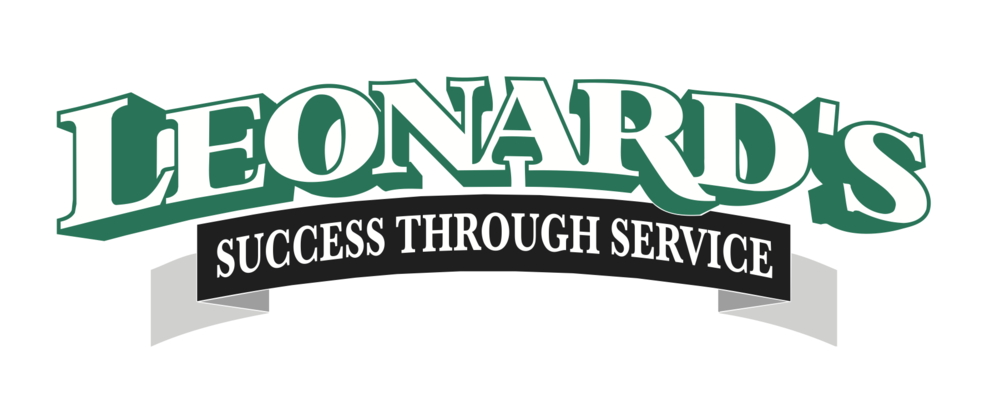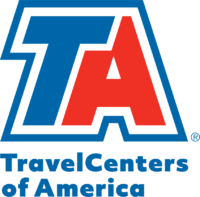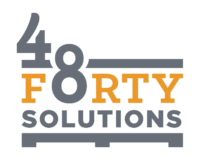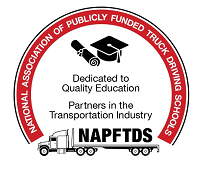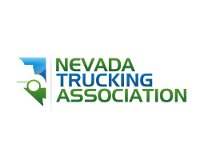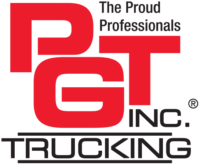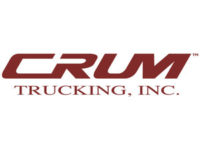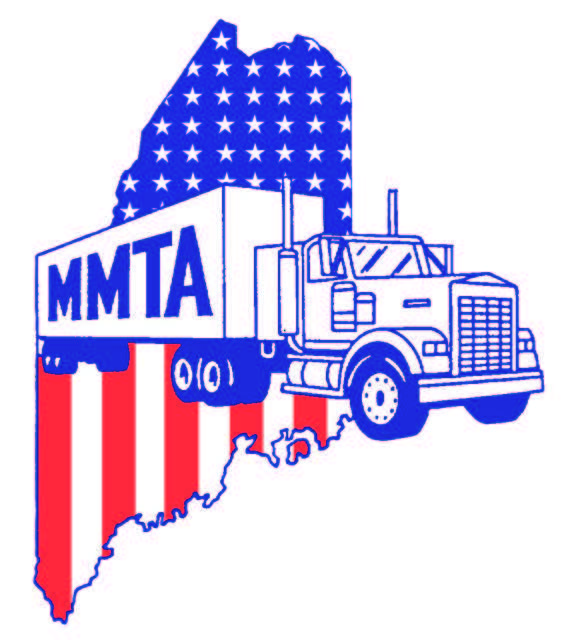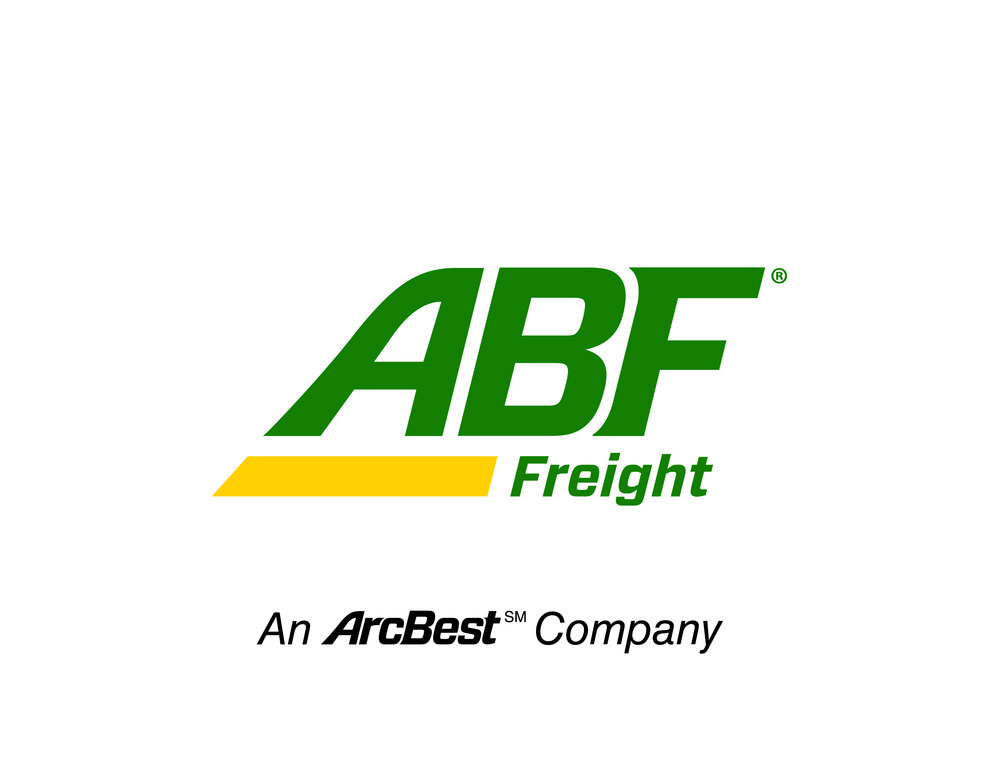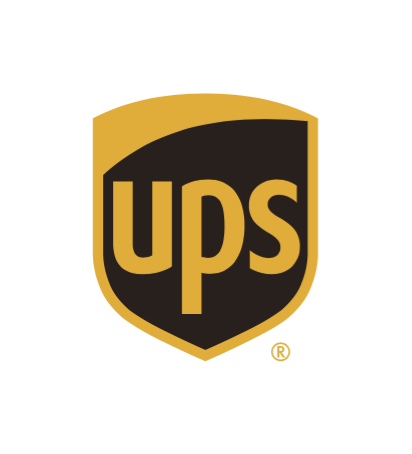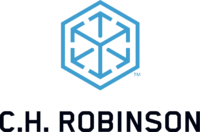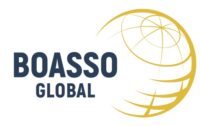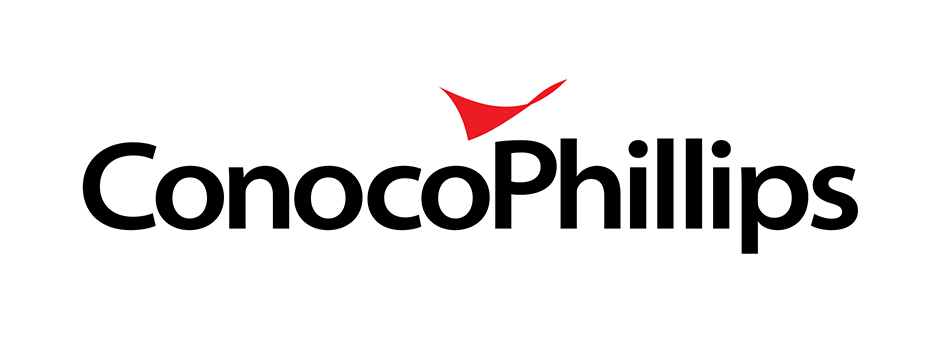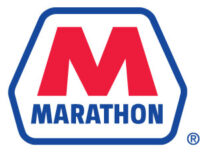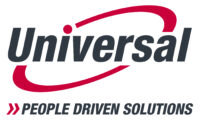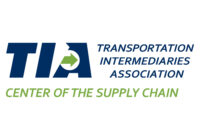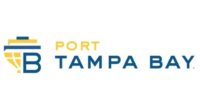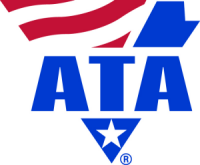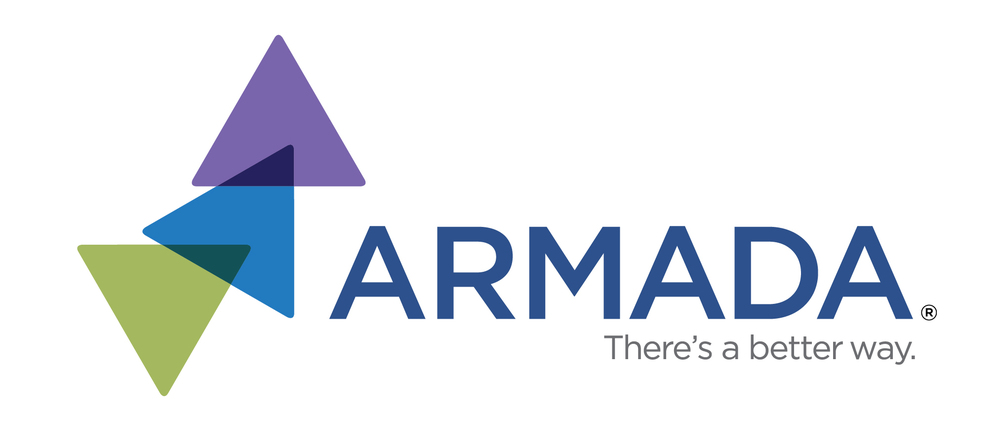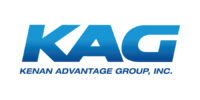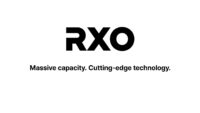


LET'S TALK MAN-TO-MAN
At the end of the day if no one purchased commercial sex, the crime of sex trafficking wouldn’t exist. Therefore, it is imperative that we address the issue of demand in order to create a culture where the buying and selling of human beings for another’s sexual gratification is not looked upon as normal behavior.
This is critical because …
No buyer = No victim = No sex trafficking
To that end, TAT created the following video …
Addressing Demand: Man to Man in order to get the conversation started.
The following are suggested next steps that individuals, corporations and men's groups can take in response to this issue.
INDIVIDUALS
- Don’t buy sex.
- Evaluate your own thinking on relationships, women, sexuality and what it means to be a man. Is it healthy?
- Surround yourself with other people, media and forms of entertainment that reinforce healthy messages around manhood and sexuality.
- Challenge the norm when it comes to sexist jokes, attitudes or even policies in the workplace.
- Raise your kids well; have the tough conversations with them.
- Explore the recommended reading list, and read the stories of sex trafficking survivors to gain a better understanding of what it takes to recover from such trauma.
- Continue the dialogue … in your homes, workplaces, peer groups, churches, etc. by sharing the link to the video and this webpage. Talk with other men about the importance of challenging the myths our society has been perpetuating about manhood. Check out our Toolbox Talks for helpful conversation starters.
CORPORATIONS
- Educate your employees about this issue by showing them this video. For an additional resource, check out the following TED Talk: 3 Ways Businesses Can Fight Sex Trafficking.
- Adopt anti-trafficking-in-persons policies with a demand-reduction focus (i.e. zero tolerance for buying sex on company work time or with company work product).
- Provide job opportunities for survivors of prostitution and sex trafficking.
- Encourage other corporations to follow your lead in addressing this issue, and see examples of best practices below.
MEN’S GROUPS
- Watch this video as a group and engage in the following discussion questions.
- Address the link between pornography and sex buying, and utilize the program resources on this webpage to provide support in breaking porn addictions.
- Support local organizations in your area who work with survivors of prostitution and sex trafficking.
- Share what you learn in group with your communities, churches and workplaces … advocating for policies and protocols that encourage healthy expressions of masculinity.
- Encourage other men’s groups/organizations around the nation to address this issue and follow your leadership.
MEET THE MEN
Not only are America’s professional drivers trained and actively looking to assist victims of sex trafficking, they are also working to address the demand that fuels this crime. This is why TAT created its “Man to Man Campaign,” wherein we asked truck drivers a simple question … why don’t you purchase commercial sex?
Below you will not only find their responses and more of their own personal stories in combating the crime of sex trafficking, but you will also find additional resources to assist companies in addressing this issue.
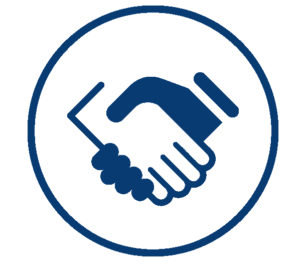
Demand Reduction Business Initiative
Opportunities for Engagement
(Our thanks to Demand Abolition for the following information)
Sex trafficking — including sex buying — poses a risk to employers and harms vulnerable people in our community. Employers have many policies and procedures in place to protect the company and employees from certain behaviors that create a hostile work environment, hurt the company’s reputation, reduce employee productivity, or place the company at legal or financial risk. National survey results by Demand Abolition show that up to 20% of adult men ages 18-64 have bought sex or would buy sex if the circumstances were right. 35% of men have searched online sex ads but failed to act on the desire. Data suggests that most men shop online ads during the workday, and many prostitution transactions take place on the way to work, during lunch, or after work. Some transactions occur at the place of business or are set up using work issued property (e.g. cell phones, computers, credit cards, or vehicles). Employers can create policies that help to mitigate the potential risk and protect employees from harm.
The corporate sector can play a critical role in helping to combat sex trafficking. Major transportation brands and corporations are positioned to leverage their industry leadership and economic influence to raise awareness to the issue – lending their support to efforts to create a culture and community that doesn’t tolerate sex buying.
There are many points of entry for the private sector to participate in a business initiative. Examples of opportunities private sector organizations have considered and/or undertaken include:
- Adoption and communication of policies that explicitly stand against sex trafficking, including sex buying
- Provision of job training opportunities, and employment for survivors of sex trafficking
- Facilitation of human trafficking trainings for employees
- Extension of policies and practices to supply chains and/or others within an organizations’ sphere of influence
Internal Policies and Trainings – Examples of Best Practices
Case studies provided by Businesses Ending Slavery and Trafficking (BEST):
www.bestalliance.org and Truckers Against Trafficking
UPS
UPS is working to combat human trafficking through employee awareness, driver training, survivor employment and philanthropic investment. UPS adopted an enterprise-wide Anti-Trafficking in Persons Policy, which strictly prohibits the use of any UPS assets or resources for any purpose that would enable the trafficking of persons. UPS is a proud Freedom Driver-Level Supporter of Truckers Against Trafficking (TAT) and a partner of the DHS Blue Campaign. In 2017, UPS launched the transportation industry’s largest anti-human trafficking awareness initiative, reaching more than 96,000 drivers throughout the U.S. Plans are underway to institutionalize this training for all new UPS drivers. UPS also supports TAT with quarterly in-kind transportation of TAT’s Freedom Drivers Project. UPS Freight President, Richard McArdle, joined TAT’s Board of Directors in 2018. Additionally, UPS has teamed up with Wellspring, a Georgia based survivor’s advocacy program, to provide employment opportunities to survivors of human trafficking. The Company is also leveraging the power of corporate philanthropy to invest in organizations like the United Way Worldwide’s Center on Human Trafficking and Slavery and the Leadership Conference on Civil and Human Rights. These funds will be used to launch community education programs in local cities and to study the impact of human trafficking on diverse communities.
Amazon
Amazon adopted a policy to deter sex trafficking: ‘It is against Amazon’s policy for any employee or Contingent Worker to engage in any sex buying activities of any kind in Amazon’s workplace or in any work-related setting outside of the workplace, such as during business trips, business meetings or business-related social events.’ When Amazon suspects that an employee has used company funds or resources to engage in criminal conduct, the company will immediately investigate and take appropriate action up to and including termination. The company may also refer the matter to law enforcement.”
Caesar’s Entertainment
Caesar’s made their commitment public: “We continue to strongly support eliminating human trafficking – which involves commercial sexual exploitation, forced labor and debt bondage. Our stated commitment to the UN Guiding Principles on Business and Human Rights and the Protocol to Prevent, Suppress and Punish Trafficking in Persons is available on our website. During the past year, we have been an active voice, working with advocacy groups and national collaborative frameworks to advance awareness and drive the elimination of human trafficking. For example, we participate in the American Gaming Association (AGA) CSR Committee whose focus included addressing human trafficking. Specifically, we became a founding partner of the Businesses Ending Slavery and Trafficking (BEST) Employers Alliance formed in September 2015. BEST is the first public-private partnership in the nation to work across industries to prevent sex trafficking and sex buying. The BEST Employers Alliance supports participating employers as they adopt appropriate policies protecting their businesses from the risks posed by sexual exploiters.”
